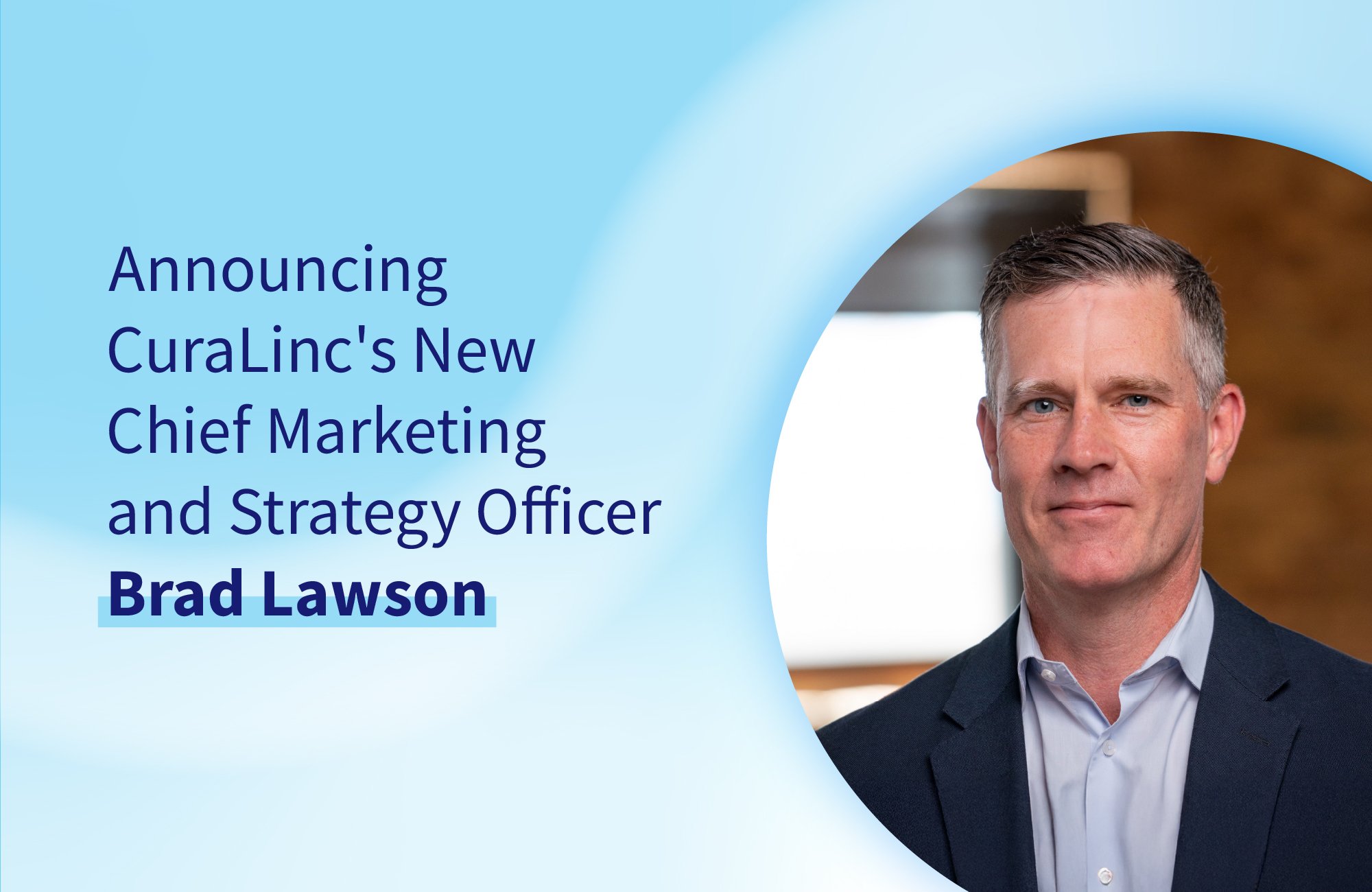One of the most challenging aspects of a supervisor’s role is managing and supporting employees facing personal problems. In some situations, a structured approach becomes crucial to address employee issues effectively. Recent findings from our peer-reviewed study highlight the significant impact of formal management referrals (FMR) through the employee assistance program (EAP) on maintaining a productive workforce. Let’s delve deeper into the benefits and process of FMR.
The power of formal management referrals
Formal management referrals are instrumental in resolving challenging employee situations while keeping valuable team members on the job and productive. Our study reveals that FMRs effectively improve work outcomes, including productivity and absenteeism, as well as health and wellbeing outcomes like alcohol use and mental health risks. By providing a structured path for corrective action, FMRs ensure a supportive work environment and enable the organization to thrive.
Understanding the FMR process
A formal management referral occurs when a supervisor or HR professional directs an employee to utilize the company’s EAP after formally notifying them that they have either:
Violated the company’s substance use policy,
Violated another workplace policy, such as harassment,
Or exhibited behavior that negatively impacts their productivity and/or the workplace.
Unlike informal or voluntary referrals, FMRs involve specific steps initiated after other disciplinary measures have been taken.
Critical steps in the FMR process
1. Consultation and action plan A formal management referral specialist from the EAP collaborates with the supervisor and HR representative to answer questions, develop an action plan, and provide a release of information (ROI) form.
2. Private meeting with the employee The supervisor and HR professional schedule a confidential meeting to discuss the reasons behind the FMR. The employee is required to sign the ROI before the process commences.
3. Ongoing support and follow-up The EAP’s formal management referral specialist maintains regular contact with the supervisor, HR personnel and other key individuals in the workplace. The EAP also provides follow-up support for employees referred to treatment or counseling to ensure sustained personal stability and successful job performance.
Unlocking productivity and retaining valuable employees
Formal management referrals empower supervisors and HR professionals to effectively address employee policy violations and performance issues. By leveraging the EAP’s expertise, organizations can support their workforce, restore productivity and retain valuable employees.
Want to learn more about formal management referrals and their impact on workplace productivity? Check out this episode of Coffee with CuraLinc, where we dive deeper into this topic and discuss practical strategies for implementing FMRs in your organization.





